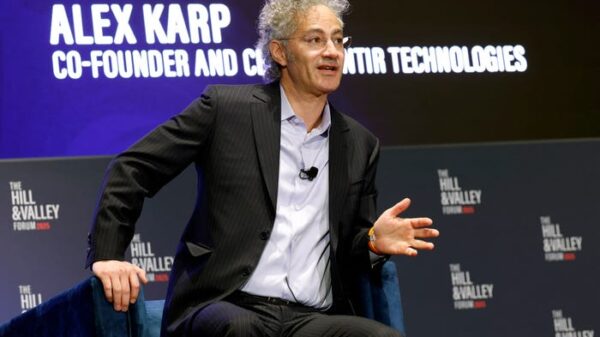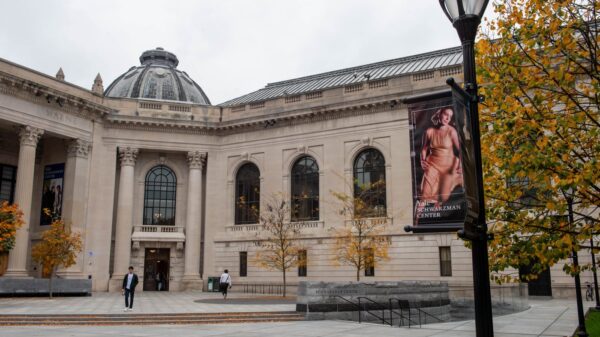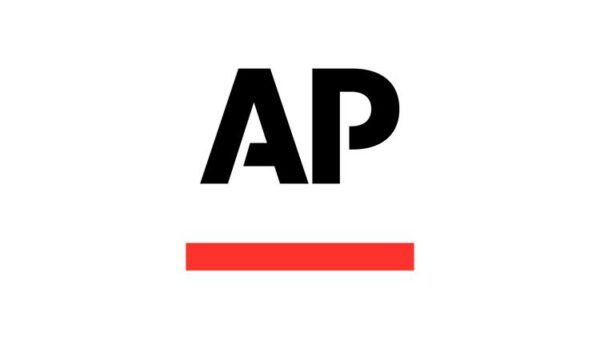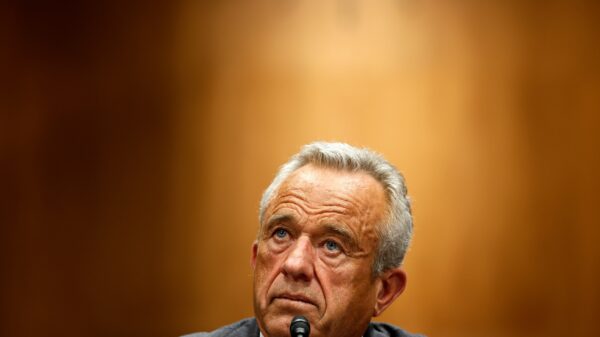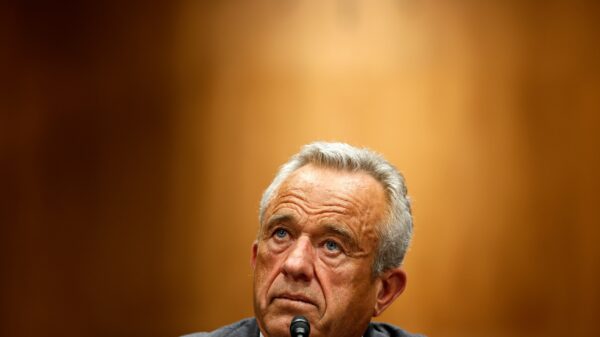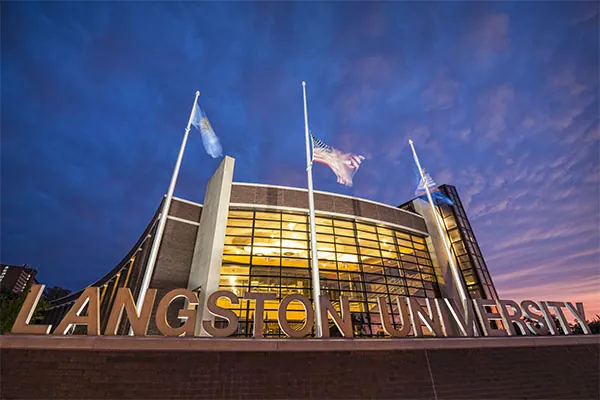The U.S. Education Department announced on March 4, 2024, a significant redirection of funds, allocating an additional $495 million to historically Black colleges and universities (HBCUs) and tribal colleges. This funding shift follows the administration’s recent decision to cut $350 million from discretionary programs supporting minority-serving institutions, citing concerns over perceived racial discrimination in these programs.
In a controversial move, the Education Department stated it would cease funding for seven grant programs aimed at institutions serving Black, Indigenous, Hispanic, and Asian students. The administration argued that these programs were discriminatory, “conferring government benefits exclusively to institutions that meet racial or ethnic quotas.” The cessation of these funds has raised concerns among educational leaders and advocates who support equity in education.
Alongside the funding for HBCUs and tribal colleges, the department is reallocating $60 million toward grants for charter schools, which operate under a different model of public funding. In total, the Education Department plans to distribute $500 million to charter schools, promoting the concept of school choice that allows families alternatives to assigned public schools.
Investment in Civics and History Education
The department is also committing over $160 million to American history and civics grants, marking a substantial increase from previously approved funding levels. This investment reflects a broader initiative to strengthen civics education in the United States and enhance students’ understanding of their history and governmental systems.
In a statement announcing the funding changes, Education Secretary Linda McMahon emphasized the need to ensure taxpayer money supports programs that promote merit and educational excellence. She stated, “We will use every available tool to meaningfully advance educational outcomes and ensure every American has the opportunity to succeed in life.”
Despite the positive reception of the new funding by leaders in the HBCU community, there are ongoing concerns about the overall under-resourcing of these institutions. Lodriguez V. Murray, senior vice president for public policy and government affairs at the United Negro College Fund (UNCF), described the additional funding as “nothing short of a godsend for HBCUs.” He expressed gratitude for the collaboration with the Trump administration but highlighted the persistent issue of underfunding, stating, “HBCUs are currently and have been underfunded since their inception.”
The National Center for Education Statistics indicated that as of 2022, there were 99 HBCUs across 19 states, the District of Columbia, and the U.S. Virgin Islands. The need for sustained financial support remains critical for these institutions, which play a vital role in providing higher education opportunities to minority students.
As the Education Department moves forward with these funding reallocations, the impact on HBCUs, tribal colleges, and charter schools will be closely monitored by educational advocates and policymakers. The effectiveness of these investments in enhancing educational outcomes will be a key focus in the coming months.



